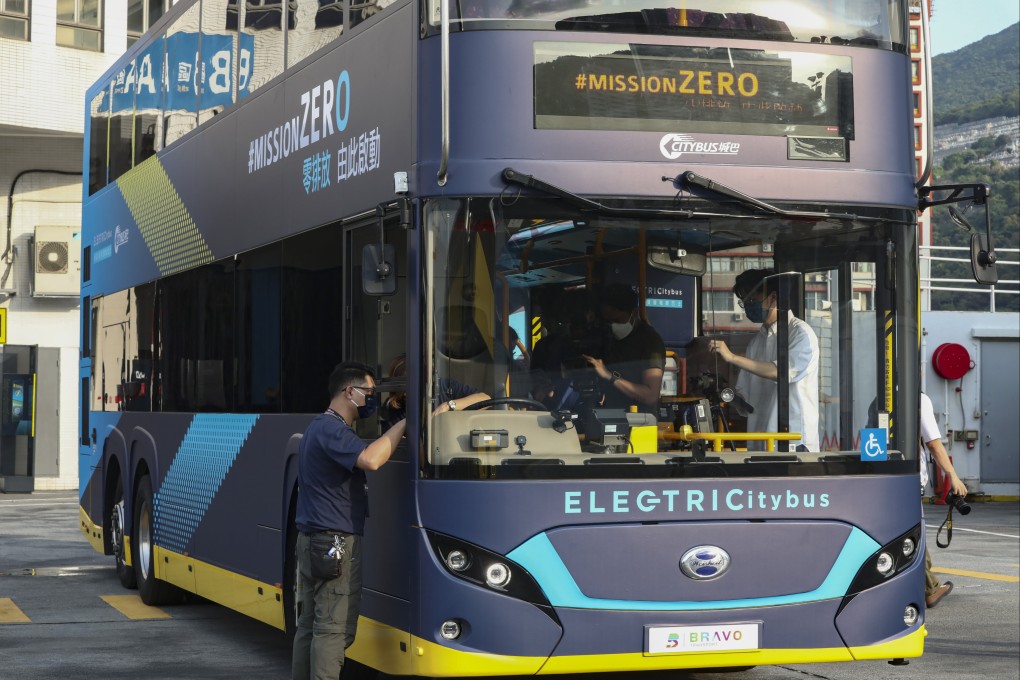Letters | Hong Kong’s new government must break gridlock to deliver a zero-emission bus fleet
- The government expects bus operators to conduct trials of electric vehicles, but operators are reluctant to invest in such tests without a road map from the government
- Meanwhile, air quality levels are far from satisfactory, leading to over a thousand deaths each year

Roadside air pollutants mainly come from commercial vehicles, of which franchised buses form a sizeable portion. Buses are responsible for some of the most harmful emissions considering their proximity to the population, extensive coverage and long operating hours. Reducing emissions from franchised buses is thus critical. However at present only under 1 per cent of the fleet has been electrified.
A policy gridlock has been one of the many challenges in this regard. Without a clear policy direction, bus operators are unlikely to invest sufficiently and resolve deep-rooted problems, including a lack of infrastructure. Meanwhile, the government relies on operators to undertake trials to understand the viability of transitioning to an electric fleet. Without these trials, a policy road map seems unlikely.